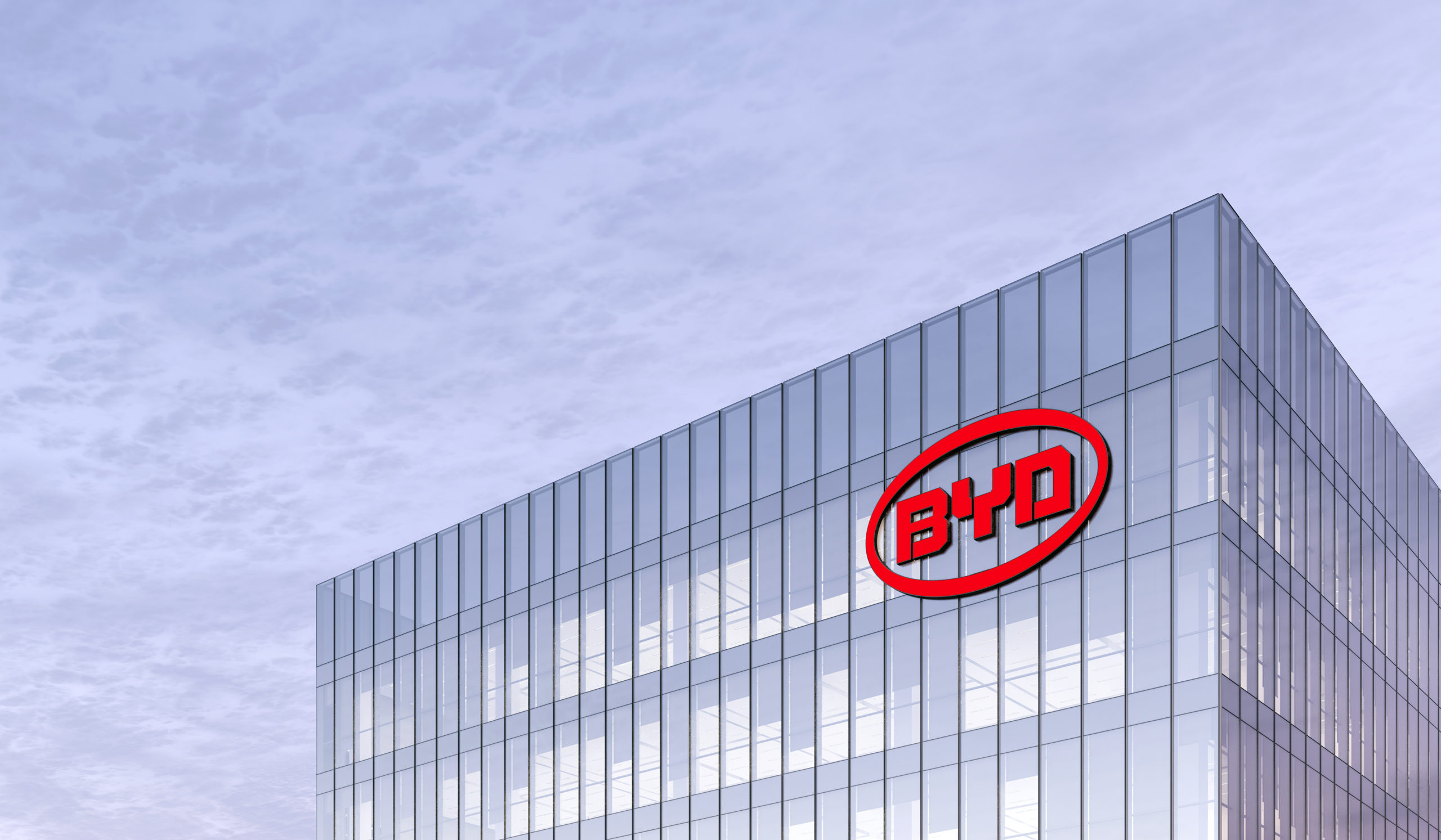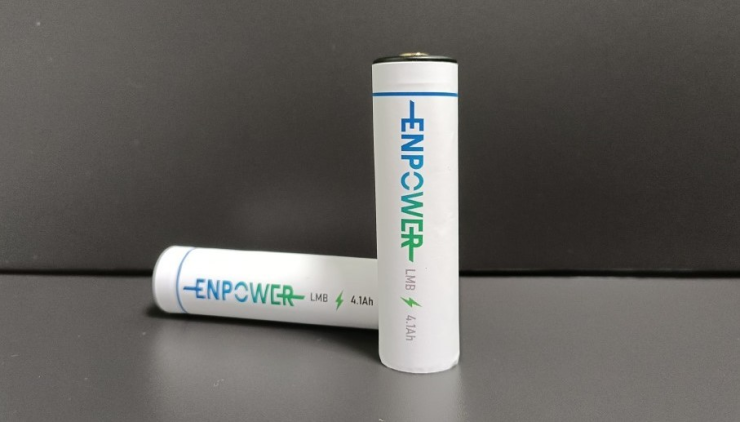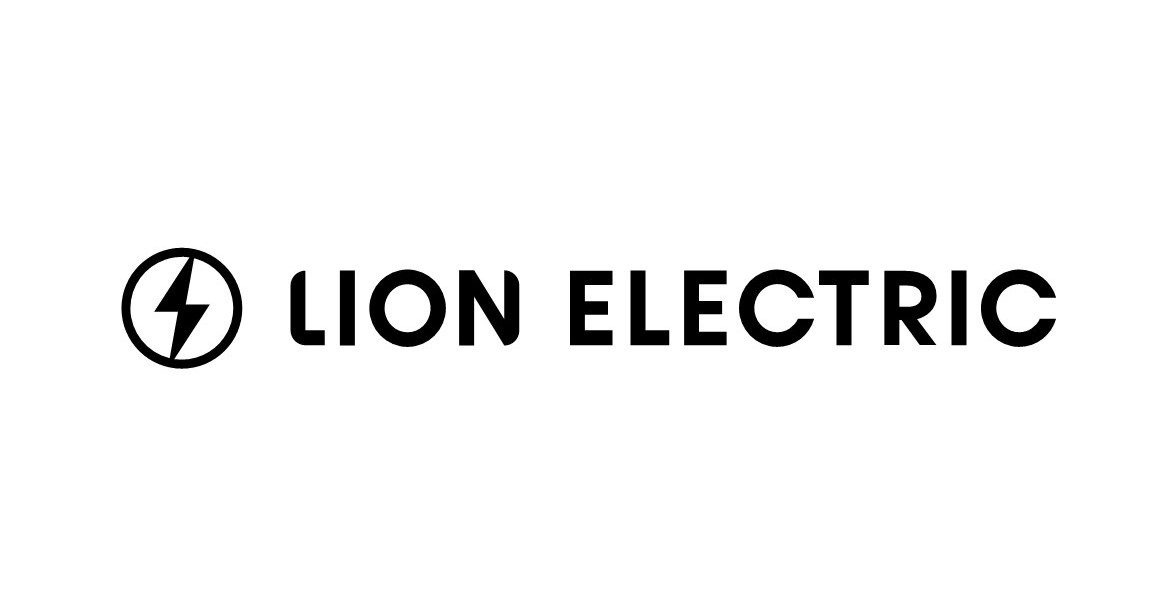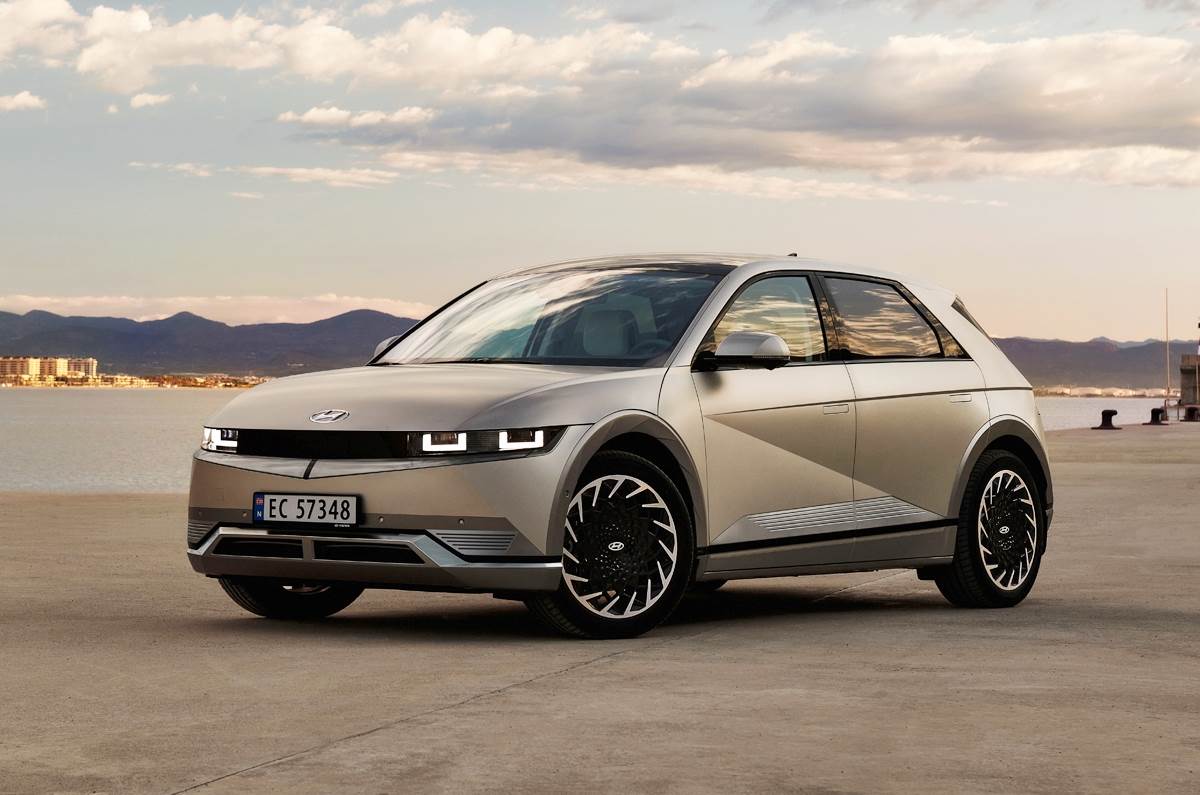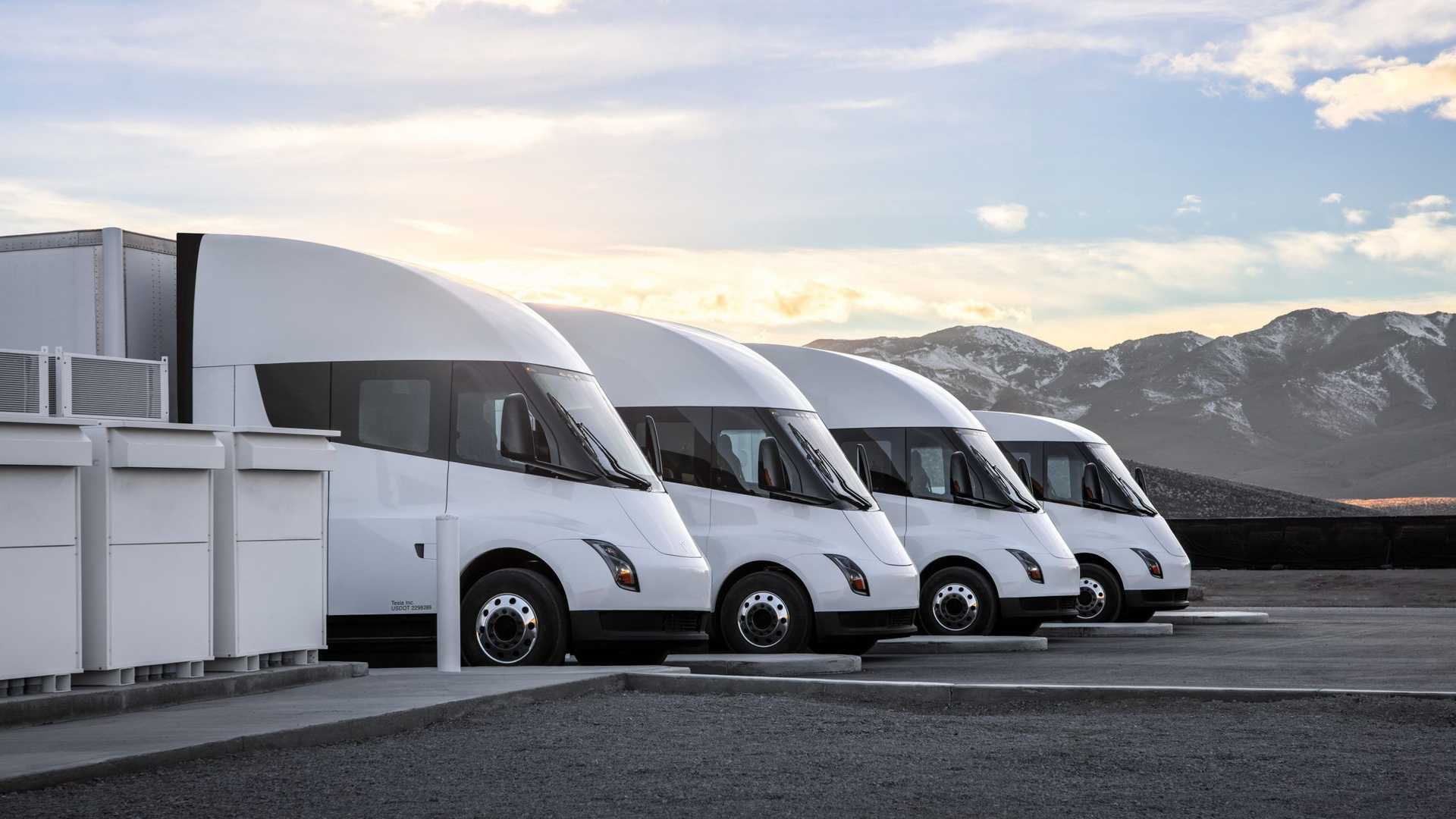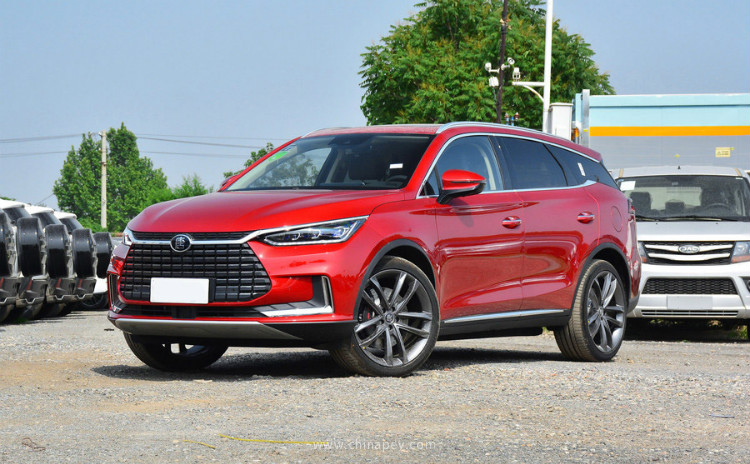While CATL was the first to unveil sodium batteries, BYD will be the first to bring its products to market.
BYD plans to mass-produce sodium-ion batteries in the second quarter of 2023, which will be used in the Qin EV, Dolphin and new Seagull models.
LatePost, a local media in China reports that FinDreams – BYD’s battery development and production unit – is in the sample validation stage.
All three cars are priced under RMB 100,000 ($13,980) in China. Qin EV and Dolphin are pure electric vehicle models priced at RMB 100,000 ($13,980) to RMB 150,000, and BYD’s Seagull, which will be launched next year, is a small A0-class sedan priced at RMB 80,000 to RMB 100,000.
In China, CATL was the first to release a sodium-ion battery on July 29, 2021 which is claimed to have an energy density of up to 160Wh/kg, the highest level in the world today.
At the time CATL said it had begun creating an “industrial chain” for battery production, but so far there was no information about the automaker planning to use its newest battery.
Automakers around the world are currently developing technologies that reduce their reliance on lithium. The current price of battery-grade lithium carbonate in China is close to RMB 600,000 per tonne, about 14 times the average price of RMB 41,000 per tonne in June 2020.
Although sodium-based batteries have a lower energy density, they are much cheaper to manufacture.
According to some analysts, these batteries are unlikely to replace lithium-ion batteries, but they can offer a decent compromise, especially when it comes to cars that don’t need long range.
City d cars that have easy access to the charging network can use cheaper sodium batteries than with more expensive lithium batteries.

